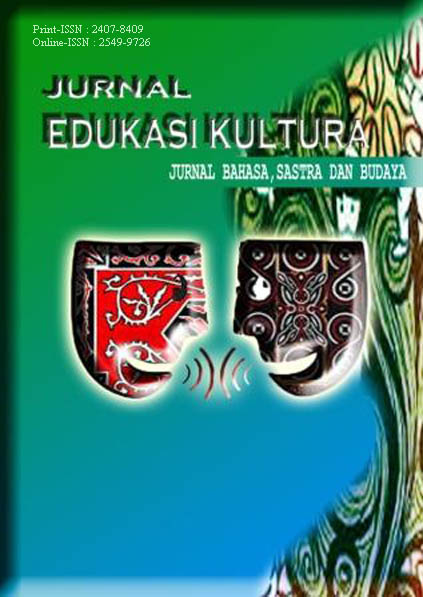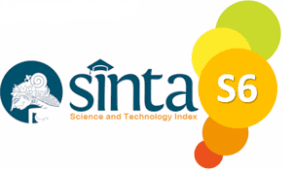Peran Regulasi Dan Kelembagaan Dalam Pencegahan Pencucian Uang: Studi Literatur Hukum Di Indonesia
Keywords:
money laundering, regulation, PPATK, institutionalization, criminal lawAbstract
Money laundering is a form of economic crime that has a serious impact on financial stability, the integrity of financial institutions and public trust. In Indonesia, the complexity of this crime is exacerbated by weak inter-institutional coordination and limited human resources. This study aims to evaluate the effectiveness of regulations and institutional roles in preventing and combating money laundering crimes. The method used is a literature study with a qualitative approach, by analyzing secondary data from journals, laws and regulations, and reports of related institutions. The results show that although Indonesia has an adequate legal framework, such as Law No. 8/2010, its implementation still faces challenges, including lack of coordination, weak reporting systems, and limitations in international cooperation. In conclusion, strengthening inter-agency synergies, utilizing technology, and increasing the capacity of law enforcement officers are essential to improve the effectiveness of preventing and combating money laundering in Indonesia.Downloads
Published
2025-06-23
How to Cite
Siburian, J. B., Wulandari, D., Shalsabila, K., & Hasyim. (2025). Peran Regulasi Dan Kelembagaan Dalam Pencegahan Pencucian Uang: Studi Literatur Hukum Di Indonesia. EDUKASI KULTURA JURNAL BAHASA SASTRA DAN BUDAYA, 12(1), 216–229. Retrieved from https://jurnal.unimed.ac.id/2012/index.php/kultura/article/view/kultura66430
Issue
Section
Articles
License
Copyright (c) 2025 Jurnal Edukasi Kultura: Jurnal Bahasa, Sastra dan Budaya

This work is licensed under a Creative Commons Attribution 4.0 International License.

This work is licensed under a Creative Commons Attribution 4.0 International License
Authors who publish with this journal agree to the following terms:
- Authors retain copyright and grant the journal right of first publication with the work simultaneously licensed under Creative Commons Attribution 4.0 International License that allows others to share the work with an acknowledgement of the work's authorship and initial publication in this journal.
- Authors are able to enter into separate, additional contractual arrangements for the non-exclusive distribution of the journal's published version of the work (e.g., post it to an institutional repository or publish it in a book), with an acknowledgement of its initial publication in this journal.Penulis.
- Authors are permitted and encouraged to post their work online (e.g., in institutional repositories or on their website) prior to and during the submission process, as it can lead to productive exchanges, as well as earlier and greater citation of published work (Refer to The Effect of Open Access).














